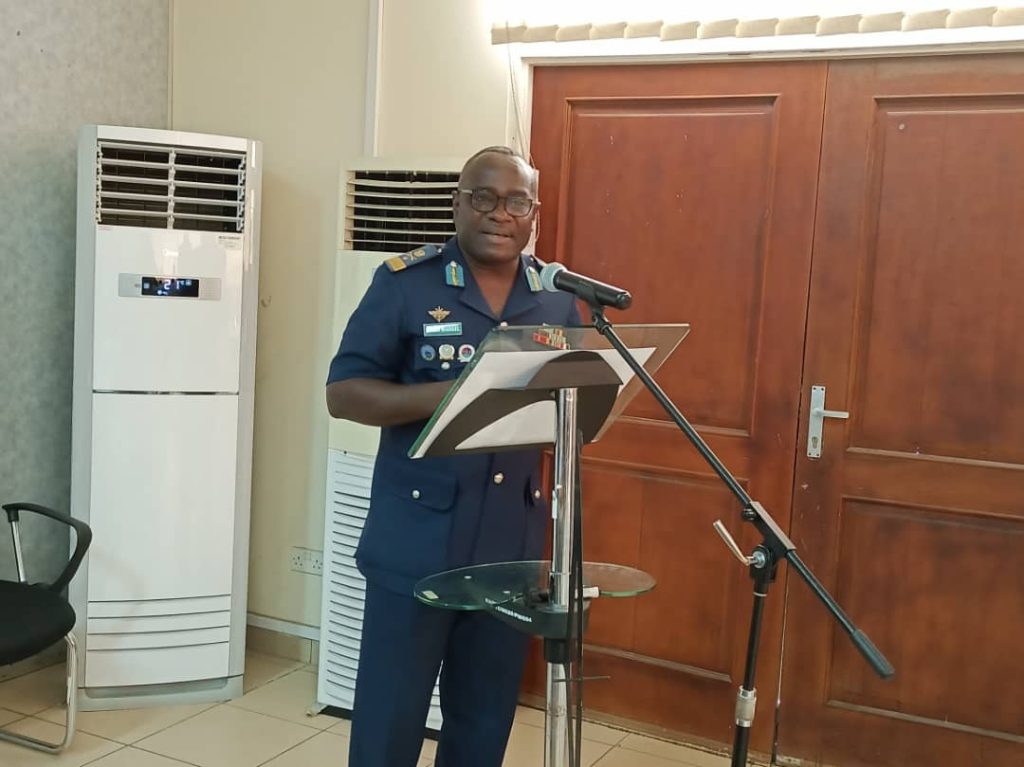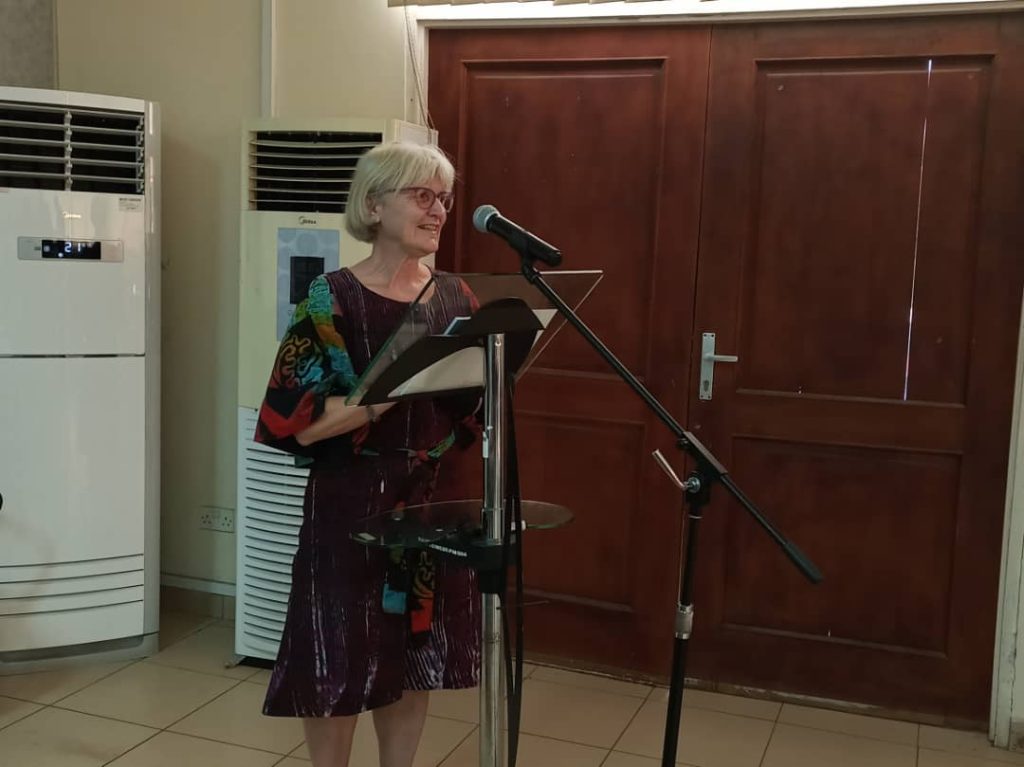Accra, Sept. 29, GNA – The Kofi Annan International Peacekeeping Training Centre (KAIPTC) is implementing an 18-month project to build the capacity of the Ghana Armed Forces (GAF) to address the challenges undermining the deployment of women to UN peace operations.
Funded by the Global Affairs Canada, the Project, dubbed: “Enhancing Ghana Armed Forces capabilities to address barriers to women in peacekeeping” will train Gender Advisors and Focal Points of the GAF and push for the mainstreaming of Gender issues in the operations of the GAF.
The Project will also develop a Comprehensive Gender Policy for the GAF to advance gender equality between men and women within the institution.
The KAIPTC on Tuesday, September 28, 2022, organised a pre-planning meeting at the Centre to brief all relevant stakeholders about the Project, and solicit their contribution to ensure effective implementation.
Dr Fiifi Edu-Afful, a Senior Research Fellow at KAIPTC, said the Project stemmed from the recommendations of the 2020 Measuring Opportunities for Women in Peace Operations (MOWIP) Report.
He said the Report, which examined GAF’s ability to deploy women to, and ensure their “meaningful participation” in United Nations (UN) peace operations, identified eligible pool, gender roles, and social exclusion as top barriers to women’s meaningful participation in UN peace operations.
He said although the GAF had made significant progress as far as the deployment of women to peace operations was concerned, a lot more needed to be done beyond the figures.
As of March 2020, Ghana was the 9th biggest troop and police-contributing countries (TPCC), and the third largest TPCC in Africa after Ethiopia and Rwanda with 2,782 personnel deployed. It was also the TPCC that deployed the highest proportion of women (averaging 15 per cent) out of the top 10 TPCCs, the MOWIP Report indicated.
Major General Francis Ofori, Commandant of the KAIPTC, in a speech read on his behalf by Air Commodore George Arko-Dadzie, Deputy Commandant, KAIPTC, said the project would help the GAF to promote female participation in peacekeeping globally.

He said the initiative would also offer an opportunity to the GAF to address systemic challenges and develop policies for the growth and protection of the rights of uniformed women within the GAF.
Ms Pearl Wierenga, Senior Liaison Officer, High Commission of Canada, said the Canadian Armed Forces will send a team in future to assist with some of the activities outlined for the Project.
She said Canada had established technical assistance and training partnerships with three countries – Ghana, Zambia, and Senegal – to assist different uniformed institutions to improve women’s meaningful participation in peace operations.
Commander Veronica Arhin, the Gender Policy Advisor to the Chief of the Defence Staff, said the Military High Command was “fully on board” as far as gender mainstreaming of the GAF was concerned.
“This platform will offer us further insight as to what ELSIE initiative is all about, the findings of the Report and the way forward,” she said.
In 1993, women made up one per cent of deployed uniformed personnel, data from the UN indicates.
In 2020, out of approximately 95,000 peacekeepers, women constituted 4.8 per cent of military contingents and 10.9 per cent of formed police units and 34 per cent of justice and corrections government-provided personnel in UN Peacekeeping missions.

GNA